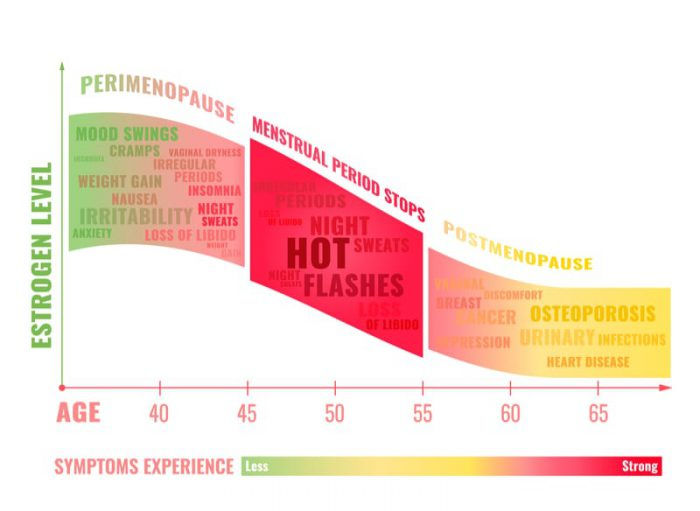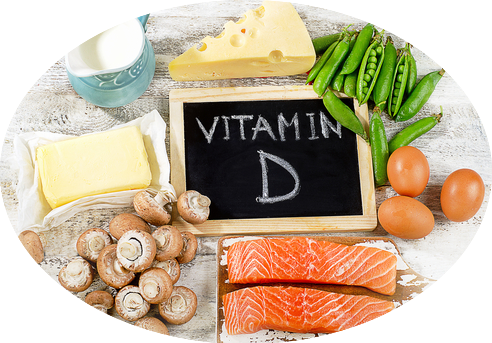Tackling the menopause and the taboo associated with it
- Dr. Dino Buosciolo
- Dec 4, 2019
- 4 min read
Updated: Aug 15, 2023
I’m sitting in a restaurant with Tim and some friends enjoying a lovely evening dinner. Except, every 15 minutes, I am either taking off my lightweight jacket to reveal a vest top or, putting the jacket back on again.

These hot flushes strike without warning as a sudden feeling of intense heat that comes from nowhere and spread throughout the body. You worry that everyone can see you suddenly turning beetroot and have sweat appearing on your upper lip, but apparently, that is not the case.
So, why I am taking the guest spot for this week’s newsletter? Because luckily, I have a great husband and amazing girlfriends and we can openly talk about our menopausal symptoms and try and help each other. However, I have realized that this is actually not the norm.

It is only recently in the UK that women are being ‘permitted’ to make TV documentaries and write books about the menopause and this is starting to garner a lot of much-needed publicity.
Perimenopause occurs before menopause and this is a time when your hormones begin to change in preparation for menopause.
The perimenopause and menopause are not medical conditions. They are a phase of life and both stages can have a wide variety of symptoms, e.g.:
Loss of confidence
Mild panic or anxiety
Poor concentration and memory loss
Tiredness
Depression
Feeling low
Poor sleep
Night sweats
Hot flushes
Weight gain
Vaginal dryness
Reduced sex drive
Unfortunately, the list does go on.

Natural Ways to reduce symptoms of menopause
Of course, many women will need to seek professional help with their menopausal symptoms but there are a few natural ways to try to see if they help reduce the symptoms:
1. Eat foods rich in calcium and vitamin D

Hormonal changes during menopause can cause bones to weaken, increasing the risk of osteoporosis. Calcium and vitamin D are linked to good bone health so it is important to get enough of these nutrients in your diet.
Dairy products, green leafy vegetables, beans, oily fish and eggs are some great nutrient-rich food. And if you cover up your skin in the sun, consider taking a Vitamin D supplement.
2. Eat foods that are high in phytoestrogens
Many changes during the years leading up to menopause are brought on by changing levels of hormones produced by the ovaries, mainly estrogen.
Phytoestrogens are a natural compound found in plants and plant-based foods. When eaten, they may affect a person in the same way as estrogen produced by the body.
Some common foods rich in phytoestrogens include soybeans and soy products, broccoli, carrots and legumes (beans, peas, peanuts) and oranges.
3. Achieve and maintain a healthy weight
I know, this is easier said than done. But with the right regime, diet and mindset, it is achievable.
One study of 17,473 postmenopausal women found that those who lost at least 4.5kgs of weight, or 10% of their body weight over a year, were more likely to eliminate hot flashes and night sweats!*
4. Avoid trigger foods
Be mindful that, unfortunately, common trigger foods include caffeine, alcohol and foods that are sugary or spicy.
5. Exercise Regularly

Regular exercise may help alleviate some symptoms such as poor sleep, anxiety and feeling low but can also help protect against weight gain and other conditions.
6. Drink enough water
During menopause, women often experience dryness. This is likely caused by a decrease in estrogen levels. Drinking 8-12 glasses of water a day can help and may also reduce the bloating that can occur with hormonal changes.
7. Reduce refined sugar and processed foods

One study found that diets high in refined carbs may increase the risk of depression in perimenopausal women** so look out for those refined carbs and high sugar foods.
Basically, eating the right diet and exercising regularly may help alleviate and prevent some of the symptoms of the menopause and thankfully, you will get through it!
Tackling the taboo of the menopause
Interestingly, the average age of menopause in Western societies is 51 years old whereas in Singapore it is 49 years.
By 2025, there will be over 1 billion women experiencing the menopause in the world. That is 12% of the entire world population of 8 billion. Yes, we need to talk about it! So what can we do?
Just getting through it alone doesn’t need to happen and it is important not to be too shy or embarrassed to talk about menopause symptoms if you need to.

In the workplace, there needs to be a growing commitment for better policies and support for women going through this stage in their life. It has been shown that women also face tremendous emotional burdens during this phase and half of the menopausal women in developed nations felt they couldn’t discuss their symptoms at work due to the stigma associated with this.
In the UK, they have started a ‘Talking Menopause’ campaign for organizations to help their staff with workshops and it is exceeding expectations. By raising awareness and providing evidence-based facts, it is giving people the confidence to have the menopause conversation at work and explore practical solutions to help themselves or their colleagues.
Actually, as I have been writing this guest article, I think that this is something I am going to explore here in Singapore. Watch this space!
In the meantime, is it hot in here? Oh wait, it’s just me.
*https://www.ncbi.nlm.nih.gov/pmc/articles/PMC3428489/ ** https://www.ncbi.nlm.nih.gov/pubmed/26109579





Comments